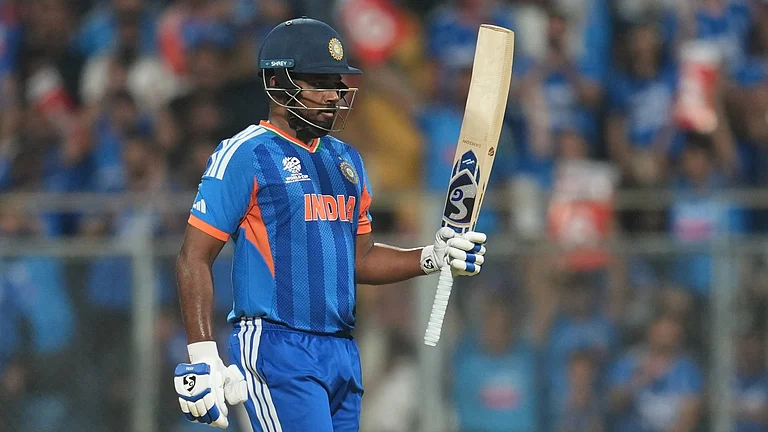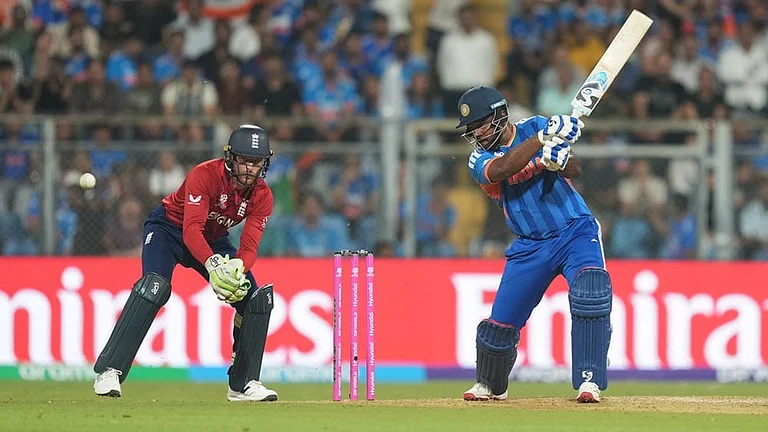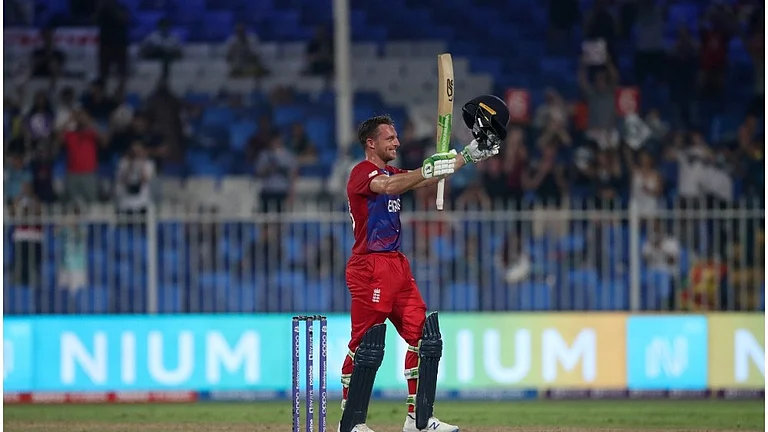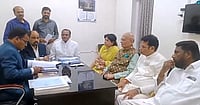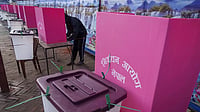A group of 12 members of parliament from the ruling Sri Lanka Podujana Peramuna (SLPP) coalition, including former minister GL Peiris who had broken from the party in April, on Wednesday officially joined the opposition, saying the ruling coalition had lost its social contract with the people.
The move came a day after Sri Lankan President Ranil Wickremesinghe appealed to all political parties to join an all-party government to tackle the island nation's worst-ever economic crisis and prevent "strong economies" from using it as a "tool of interference.
Apart from Peiris, the group of 12 leaders of the SLPP who crossed over to the opposition includes Dullas Alahapperuma, Dilan Perera and Nalaka Godahewa among the rest others.
The move by the 12 SLPP lawmakers will have no impact on the stability of the government led by President Wickremesinghe.
Alahapperuma had unsuccessfully contested the parliamentary vote against Wickremesinghe in mid-July to elect a stop gap president for the resigned Gotabaya Rajapaksa.
Announcing the cross over, Peiris said that the ruling coalition had lost its social contract with the people.
He alleged that all aspirations of SLPP supporters have been destroyed and if people want an election it must be held to uphold democracy.
The group of 12 leaders in April had demanded the resignation of the then prime minister Mahinda Rajapaksa to form an all-party interim government under Gotabaya Rajapaksa.
Gotabaya Rajapaksa in mid-July succumbed to raging public protests calling for his resignation for his mishandling of the economic crisis. He fled the country to the Maldives and then reached Singapore. From Singapore, he flew to Thailand where he can stay for 90 days.
However, Wickremesinghe’s efforts to form an all party government to tackle the current economic crisis have not been fruitful despite umpteen attempts.
Wickremesinghe, the leader of the United National Party (UNP), was elected president by lawmakers on July 20 - the first such occasion since 1978.
Wickremesinghe, 73, was appointed for the rest of the term of Rajapaksa who fled the country in the face of a popular uprising against his government for mismanaging the island nation's economy.
The majority of his support in the 225-member Parliament came from the SLPP party.



